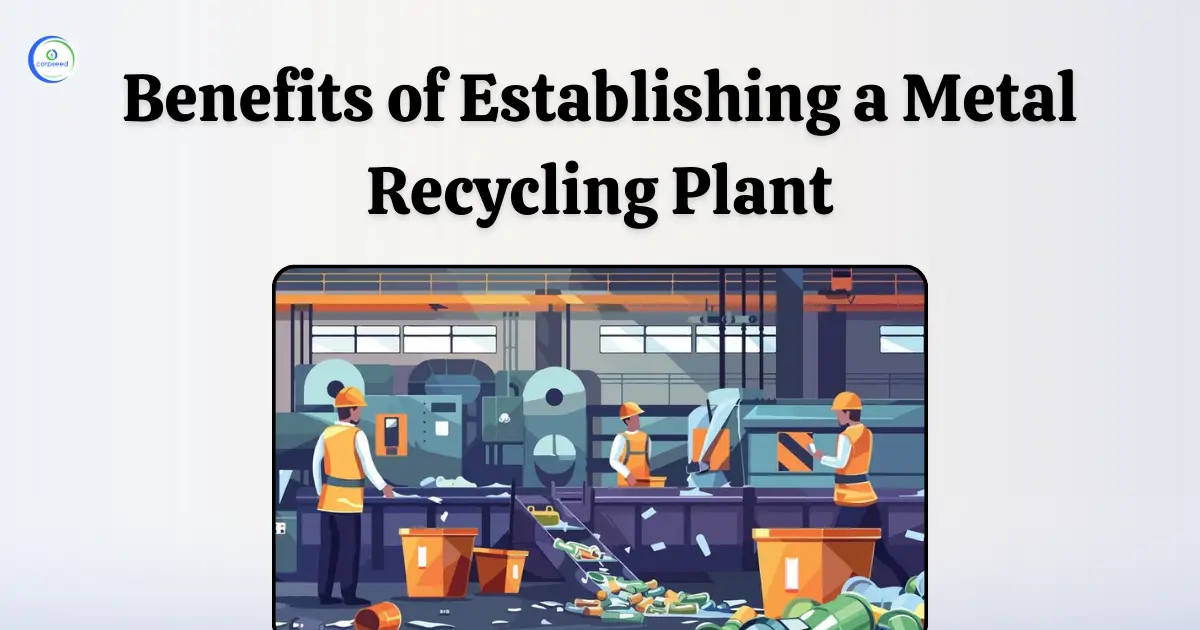In recent years, lithium-ion batteries have become a keystone of modern technology, fuelling everything from smartphones to electric vehicles (EVs). As the demand for these devices grows, so does the requirement for sustainable solutions to manage the end-of-life of lithium-ion batteries. One of the most important solutions is recycling lithium-ion batteries. Recycling not only helps preserve precious resources but also plays a vital role in mitigating the environmental impact of discarded batteries.
Table of Contents
The Growing Demand for Lithium-Ion Batteries
The rapid growth of industries such as electronics, electric vehicles and renewable energy storage has driven the demand for lithium-ion batteries. These batteries have been selected for their high energy density, long life and light weight, making them ideal for a variety of applications. However, as lithium-ion technology getting adopted extensively, an increasing number of batteries have reached the end of their usable life, creating significant waste and environmental challenges.
--------------Blog Contact Form-------------
It is estimated that the number of electric vehicles on the roads will increase rapidly by 2030, which will further rise the demand for lithium-ion batteries. As batteries reach the end of their life, the need for a sustainable approach to battery disposal and recycling becomes even more crucial.
Environmental Impact of Improper Disposal
Improper disposal of lithium-ion batteries poses a significant environmental risks. When disposed of in a landfill, these batteries can release harmful chemicals such as lithium, cobalt and nickel into the soil and water. These toxic materials can contaminate ecosystems, which can endanger wildlife and potentially affect human health. Moreover, as batteries wear out, they can catch fire, which can release harmful fumes into the air and further increase air pollution.
In addition, the removal of the raw materials for lithium-ion batteries, including lithium, cobalt and nickel, can cause significant harm to the environment. Mining operations often result in habitat destruction, water pollution and carbon emissions, resulting in depletion of natural resources. The need for energy recycling becomes even more urgent, as it helps minimize dependence on virgin materials and reduces the environmental footprint associated with mining.
The Importance of Lithium-Ion Battery Recycling
Lithium-ion battery recycling plant plays an important role in reducing these environmental issues. By retrieving valuable materials from spent batteries, recycling helps preserve natural resources and mitigates the environmental damage caused by mining and manufacturing new batteries. The recycling process also helps prevent the release of hazardous chemicals and heavy metals into the environment. Following are some points highlighting the importance of lithium-ion battery recycling:
- Conserving Resources: Lithium-ion battery recycling plants permits recovery of precious metals such as lithium, cobalt, nickel and manganese. These metals can be reused in the production of new batteries, minimizing the requirement for mining and reducing the environmental impact of resource extraction.
- Reducing Pollution: Proper recycling prevents toxic substances from seeping into the environment. When batteries are disposed of properly, the hazardous chemicals left behind are safely prevented and treated, preventing them from contaminating soil and water.
- Lowering Carbon Emissions: The recycling process needs less energy than the extraction of raw materials, which helps reduce overall carbon emissions. Moreover, recycling supports the circular economy by minimizing the requirement for new materials and the carbon footprint related with them.
- Reducing Waste: With the number of lithium-ion batteries increasing globally, it is necessary to establish a truly effective recycling system to prevent millions of tonnes of battery waste from being deposited in landfills.
- Enhancing Sustainability: By recycling lithium-ion batteries, you can stimulate sustainability by closing the battery production and consumption loop. This lessens the overall environmental impact and helps generate a more sustainable supply chain for future battery production.
- Encouraging a Circular Economy: Lithium-ion battery recycling promotes the concept of a circular economy, where products are reused, refurbished and recycled rather than thrown away. This helps create a closed-loop system that reduces waste and eases extraction from limited resources.
- Boosting Innovation and Economic Growth: As demand for battery recycling increases, new technologies and processes are developed to increase efficiency and effectiveness. Thus, recycling technology is a major innovation, which in turn promotes economic growth by creating green jobs and opening up new industries in the sustainability sector.
Also Read: Lithium-ion Battery Certification in India- BIS Certification
Growing Global Focus on Sustainability
As concerns about climate change, resource scarcity and pollution grow, sustainability has become an even greater focus. Lithium-ion battery recycling is a vital element of global sustainability efforts, especially as industries around the world transition to cleaner and greener technologies. By recycling these batteries, we can minimize the environmental burden linked with creating new batteries and reduce the adverse effects of traditional waste disposal methods. Governments and corporations have recognized the significance of investing in green technologies and battery recycling has become one of their focus areas.
Conclusion
As the use of lithium-ion batteries increases, the need for sustainable recycling practices has never been more important. Recycling plays a vital role in minimizing environmental impact, preserving precious resources and reducing pollution. By focusing on proficient recycling methods, we can minimize harmful consequences of battery waste and, reduce the need for renewable materials and promote a more sustainable future. Confirming proper battery disposal and recycling should be a priority for governments, businesses, and individuals alike to address the increasing environmental challenges related with lithium-ion batteries.
This portion of the site is for informational purposes only. The content is not legal advice. The statements and opinions are the expression of author, not corpseed, and have not been evaluated by corpseed for accuracy, completeness, or changes in the law.
BOOK A FREE CONSULTATION
Get help from an experienced legal adviser. Schedule your consultation at a time that works for you and it's absolutely FREE.
.webp)








